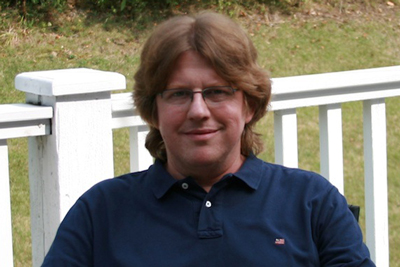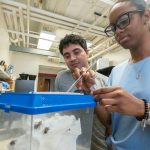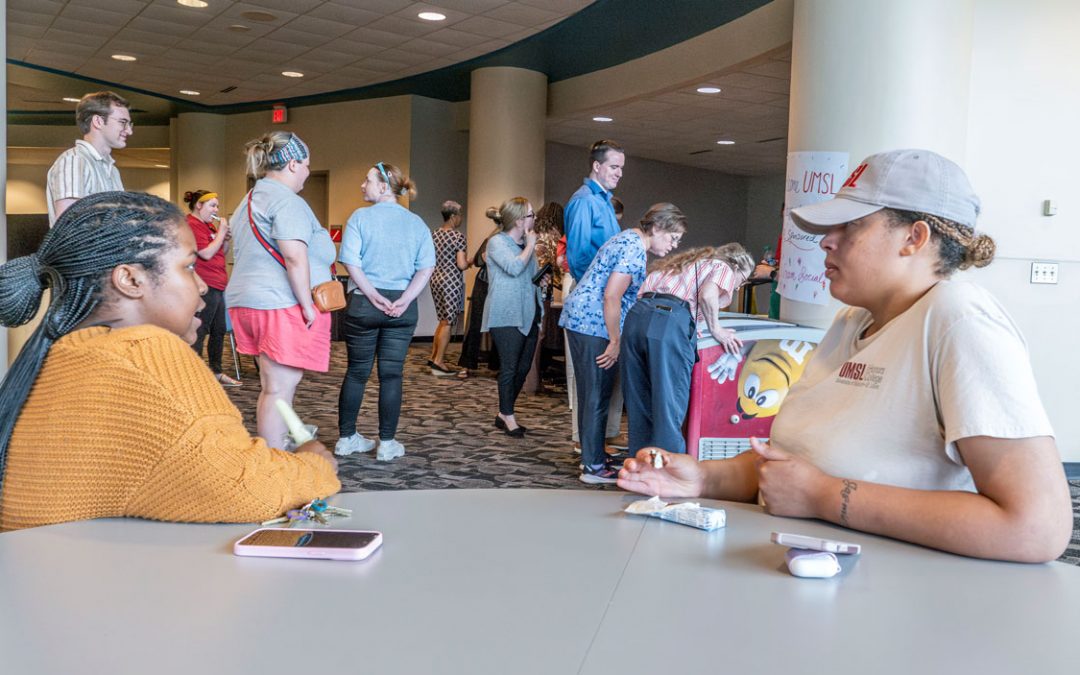
Martin Pelikan, associate professor of computer science at UMSL, received a $446,000 grant from the NSF to fund his project “Model-Directed Hybridization: Principled Design of Hybrids of Model Building, Metaheuristics and More Traditional Optimization Techniques.”
Martin Pelikan, associate professor of computer science at the University of Missouri–St. Louis, has received a $446,000 grant from the National Science Foundation’s Division of Information & Intelligent Systems. The title of the project is “Model-Directed Hybridization: Principled Design of Hybrids of Model Building, Metaheuristics and More Traditional Optimization Techniques.”
“The project aims to combine model-directed optimization and traditional optimization techniques,” Pelikan said. “The key idea is to use models of the problem landscape constructed by model-directed optimization techniques to facilitate decisions about the nature and likely effectiveness of particular local search procedures and appropriate neighborhood structures for those procedures. One of the central goals of these efforts is to develop intelligent optimization techniques that are able to not only solve one particular problem or problem instance, but that can also learn how to solve similar problems in future with increased efficiency, accuracy, and reliability.”
Besides advancing computational optimization, the project will have a strong impact on a variety of other disciplines in science, engineering and commerce because it will provide practitioners in these disciplines with tools that allow practical solutions of problems intractable with current techniques. Furthermore, the project will provide methodology for development of advanced techniques for landscape analysis as well as theoretical study of advanced hybrids of metaheuristics and traditional optimization techniques.
The project will use the facilities of the Missouri Estimation of Distribution Algorithms Laboratory founded by Pelikan in 2006 with the funding from the National Science Foundation and the Air Force Office of Scientific Research. MEDAL is located at the Department of Mathematics and Computer Science in the College of Arts and Sciences at UMSL.
Pelikan joined the UMSL faculty in 2003 after receiving a doctorate in computer science from the University of Illinois at Urbana-Champaign and a short postdoctoral fellowship at ETH Zurich.














